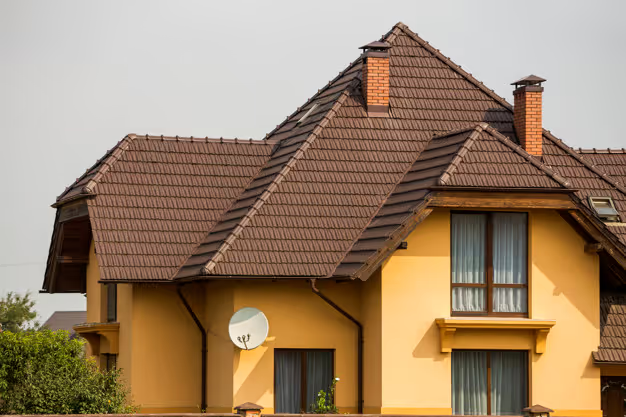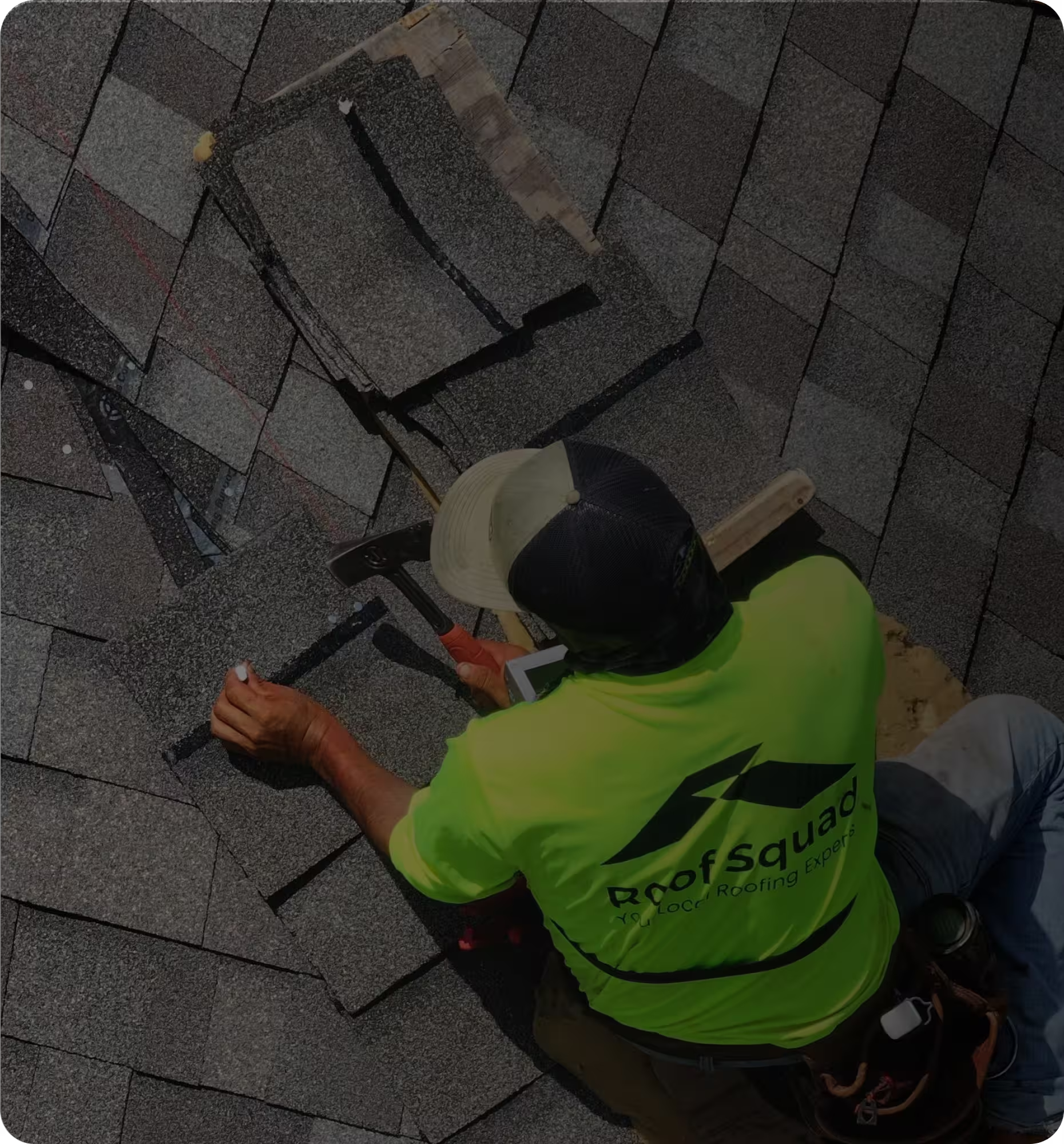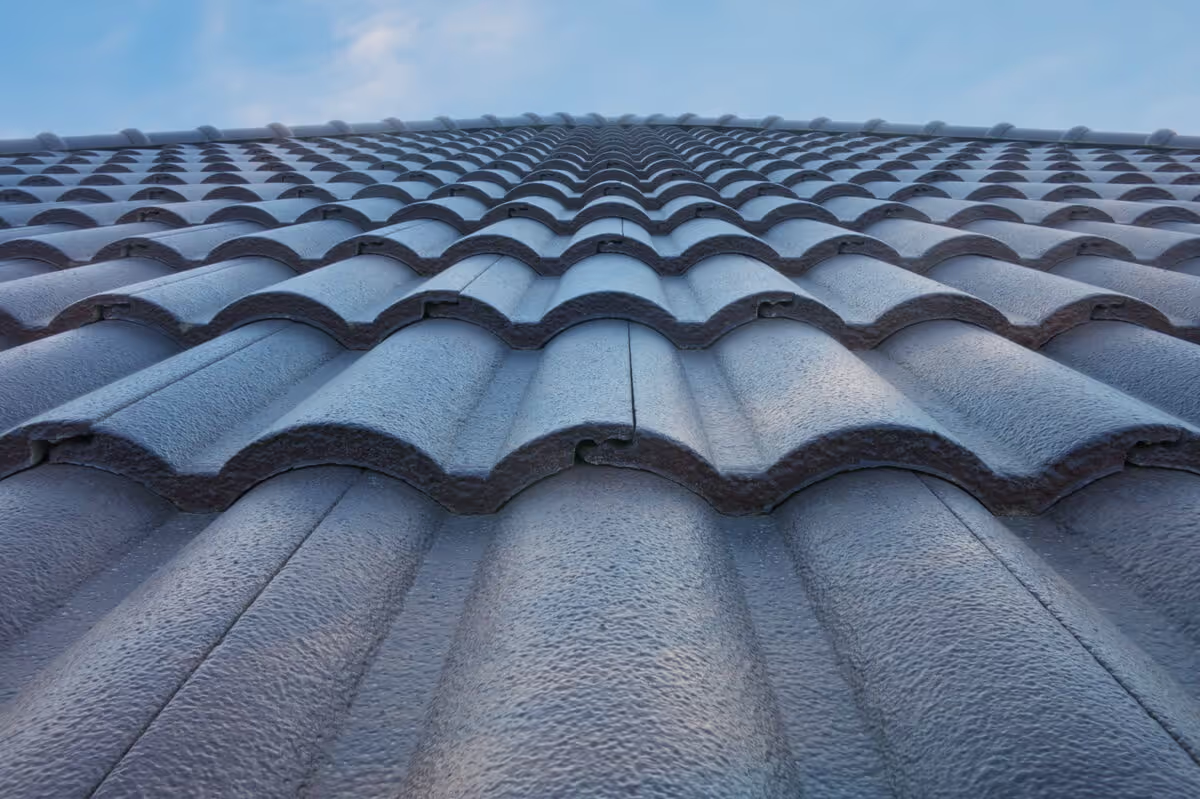The life span of a roof depends on several factors including, roof design, weather conditions, quality of work, and regularly scheduled maintenance. However, there are easy ways to approximately determine the lifespan of your roof based on the materials that were used to build it.
Asphalt and Fiberglass Shingles.
One of thetypes of shingles used in roofs across the country is made out of an asphalt composition mixed with crushed stones or fiberglass. These asphalt shingles are cheap and easy to install and maintain through time. But they aren't as resistant and endurable as other materials. Their average lifespan is between 20 and 40 years depending on the manufacturer and the care you take of them. Pure fiberglass shingles last longer than that, up to 50 years.
Wood Shingles and Shakes.
Wood shingles and shakes are stronger and more durable than asphalt shingles. They are made out of pressed wood or cedar. This type of material requires more maintenance, and they are available in a wide variety of aesthetic options. Wood shingles life span is up to 30 years.
Copper and Steel.
Metal roofing is usually comprised of galvanized sheeting or stainless steel as well as copper. The total cost of a metal roof will depend on the type of sheeting being installed, size and shape of the roof. However, it offers a lifespan of more than fifty years. Copper not only gives your roof an antique look but also a long-lasting life of 100 years.
Stone Tiles.
Stone tiles are made out of different materials like concrete, clay, terra cotta, slate, among others. They are stronger and more durable than other types of roofing materials, capable of withstanding harsh weather conditions like heavy rains or strong winds. They must be installed by a professional contractor. Clay tiles have a lifespan of 40-60 years while concrete tiles can last for 50 to 100 years.
Flat Roofs.
A flat roof's lifespan will depend on multiple factors like the material covering it. These covers are usually made of asphalt, rubber, and thermoplastic olefin membrane. Each of these has a different lifespan ranging from 10 to 50 years, depending on the manufacturersand long-term maintenance.










